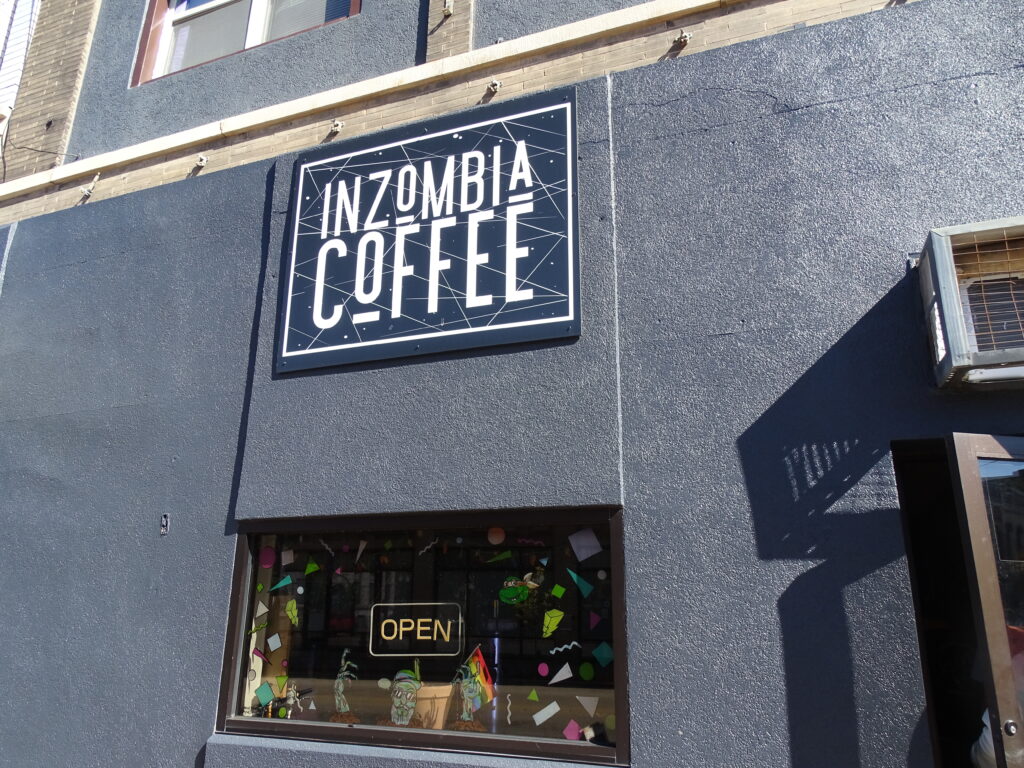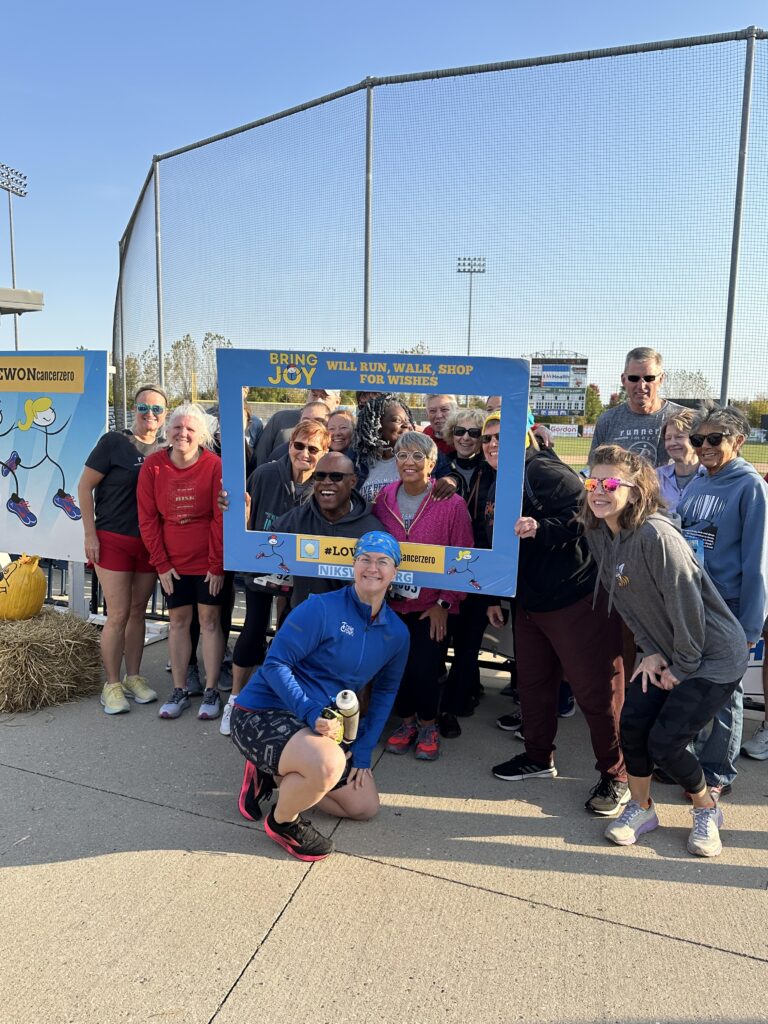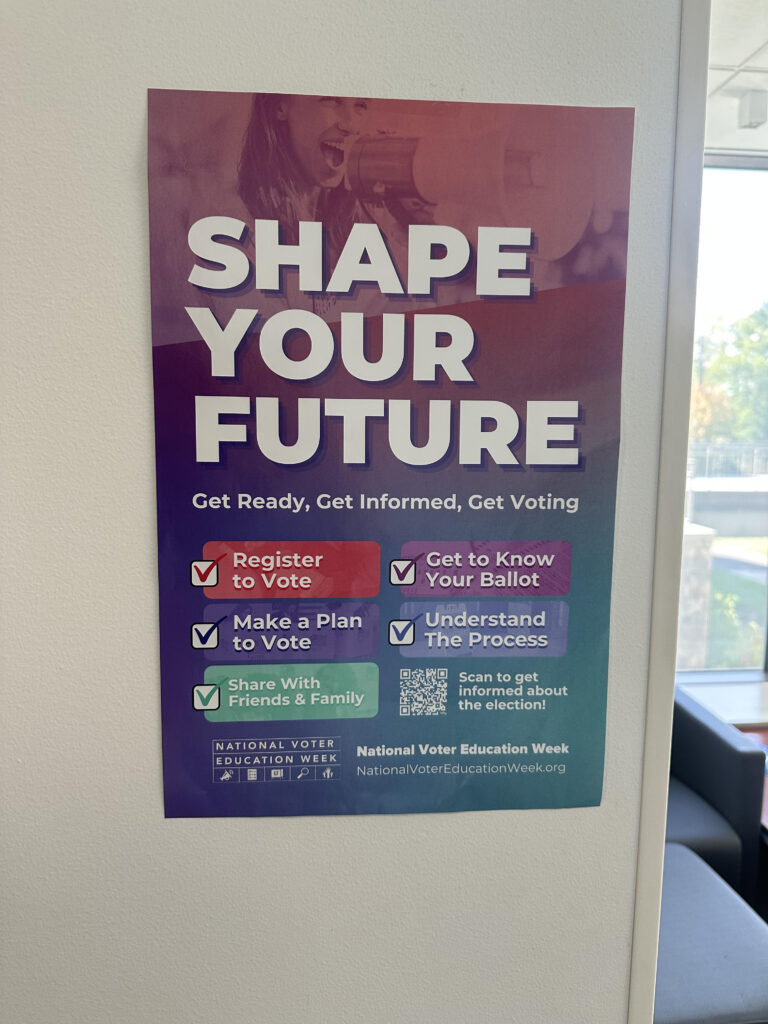
“[Luis] made people feel welcomed with their previous baggage,” said Dan Persanger.
“Listening to someone who has a different story is so helpful. There is a lot you can learn from listening [to other people],” said Bailey Sanderson.
These were just a few of the numerous raving reviews that were coming out of the PEC Building Wednesday night.
Luis Rodriguez is a writer, poet, and speaker. He spoke to a crowd of faculty and students of over 150 people at the 6th annual David H. Caskey Memorial Lecture. Professor Beth Ingle opened the event and introduced the speaker to the stage after a Mariachi Band entertained the crowd beforehand.

Rodriguez started his presentation by stating that the United States has a lot to address. The madness that has been filling up our news feed is only one factor of this issue. This allows for acts of beauty and kindness to seep through unexpectedly, which is where poetry thrives. When poets contribute to society with positive acts they need to be about truth. Their poetry needs to be meaningful, be layered, have density and purpose. Rodriguez then touched on how there are so many poets in the world today, but so few are realized in America. Using the example that a poetry book in Japan will make millions of dollars, but when a poetry book is sold in America if it makes $10,000, it’s a big deal. The United States needs to do a better job of “honoring the poets,” as he pointed out.
Rodriguez also talked about people’s personal lives “They turn their life over to a lot of things. There are chains in our own lives too.” He used the example of the spider and the fly. A lot of people think that they’re the fly when really they’re the spider: casting webs to get others stuck. It’s our responsibility to help others out of the web they’re stuck in. He talked about his social work in prisons and made a comment that was profound by asking inmates to, “Not give up on the world that gave up on them.” That is the start of regeneration in the inmate’s soul that will allow them to be free of the chains that have held them down. Art and creativity gives the inmates a dream to be different. It also gives them a way to improve themselves.
Another aspect of personal life he gave insight on is rage. It calls you back, especially on your hard days. Underneath rage is deep grief. Understanding why it is there is a path not many walk down, but for Rodriguez he realized that it was his relationship with his father that gave him grief. Do your best to be a good father and at all costs avoid becoming emotionally detached.
“Fathers are more than just going to work and bringing the money home. A father is present in his kids life.”
Rodriguez’s son helped him realize his tagline for the lecture, “Regeneration in a Time of Crisis.” Although he had been in gangs and used hard drugs, after his son was born he went on the journey of realigning his life with new priorities. Unfortunately his son followed a similar path. After some hard life lessons, his son had to learn to change his own priorities to a more positive outlook.
“It is possible to change your life, it’s what makes human beings, human,” Rodriguez remarked.
“Nature is our best teacher. Nature has been designed to have patterns,” said Rodriguez. But, regeneration can be a tough process. As an example, after the wildfires in California rolled though the area near his home they were charred black for a couple of years. Now 5 years past the fire, the area is a lush green forest. It would be impossible to tell that a wildfire had ever rolled through. One of the byproducts of a wildfire is that it opens different plants, that no one realized, and cast new seeds. The area regenerated itself after its time of crisis and it is beautiful.
There’s always something to cause regeneration. Regeneration doesn’t sustain itself through industry and business, but instead from creative outlets and the arts.
Rodriguez said, “Be anything that you love and have a passion for it.”
As the lecture closed, he asked the audience to bring out and draw out the art in the world.
There was a question and answer segment that brought an interesting idea about borders. Rodriguez talked about borders as being man made. They can’t be made sacred and that they need to be challenged. He thinks that we’re losing our humanity by having our borders up to define us.
Professor Chris Kramer gave insight on this concept of borders by saying, “I see the correlation with Frederick Douglas. The borders that he had surround him were ones of race, gender, and culture.” Both Douglas and Rodriguez have had to deal with major issues in their lives because of what society has deemed as “right.” Professor Kramer said, “Getting people to read the stories is the hardest part to get by.” People need to stay informed and well-read in these stories that relate to issues surrounding our country and society.
Professor Beth Ingle helped organize the event. When I asked her about Rodriguez she said, “[Luis] is generous and humble. He is genuine and real.” Professor Ingle thinks that RVC will regenerate like Luis was explaining about. Thanks to the RVC students as she noted, “We have hope for the future.”
The last thought to remind readers is no matter what, don’t forget to exhibit acts of beauty and kindness.






